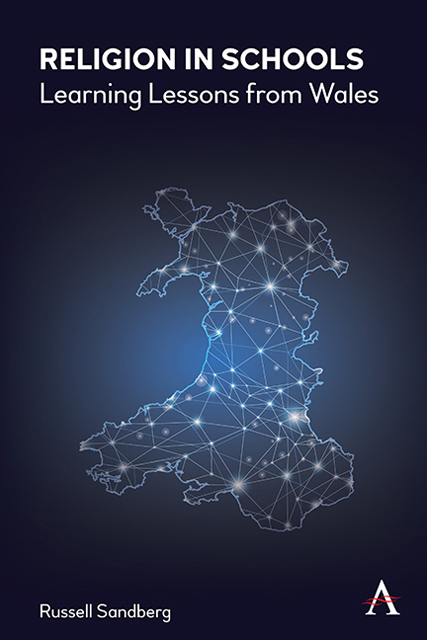Part One - Religious Education And Worship Under English Law
Published online by Cambridge University Press: 09 December 2022
Summary
Richard Austen Butler (familiarly known as Rab from his initials) often appears on lists of the greatest Prime Ministers that the United Kingdom never had. Rab was Education Minister during World War II and successively Chancellor of the Exchequer, Home Secretary, Deputy Prime Minister and Foreign Secretary during the Macmillan and Douglas-Home Conservative Governments. He is best known, however, for the Education Act 1944 which is commonly called the ‘Butler Act’. This Act introduced free secondary schooling for all through a tripartite system: pupils were graded by an ‘eleven-plus’ exam into three intellectual groups for specific types of school – grammar, secondary modern and technical. The Butler Act provided for compulsory Religious Instruction (RI) and worship in all schools which received State funding, though parents could withdraw children on grounds of conscience. The Act also recognised Standing Advisory Councils for Religious Education (SACREs): regulatory bodies at a local authority level that developed local syllabuses. This laid the foundations of the law on religion in schools that continues to operate in England (and operates in Wales until the reforms in the 2021 Act take effect). The roots of the law on religious education, therefore, have much in common with the solution to many murder mysteries in popular culture; in both cases, Butler did it.
However, the history of religious education did not begin in the 1940s. This part places the achievements of Rab Butler in context. It employs a historical approach to examine current law on religious education and religious worship in England – the law that the Curriculum and Assessment (Wales) Act 2021 replaces in Wales in relation to religious education. The historical approach shows that the Butler Act was by no means the beginning of the story. Rather, religion and schooling have a long history. Indeed, for most of that history, it was religions themselves that were responsible for education. State involvement in education is a fairly recent phenomenon. Moreover, when the State took an interest in education it supplemented the education activity of churches and then subsidised it. It did not replace it. Even as the twentieth century wore on, the State involvement did not result in the secularisation of the education system. Education does not provide an example of what Charles Taylor has called ‘subtraction stories’: accounts of things that the historical churches used to do.
- Type
- Chapter
- Information
- Religion in SchoolsLearning Lessons from Wales, pp. 5 - 6Publisher: Anthem PressPrint publication year: 2022



